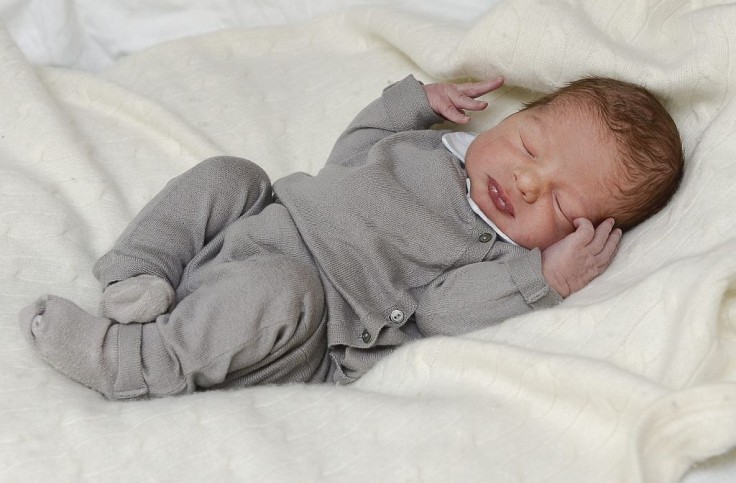
The Ferber method is a sleep-training technique developed by Dr. Richard Ferber, a pediatrician who directs the Center for Pediatric Sleep Disorders at Children's Hospital Boston.
Dr. Ferber's best-selling book, Solve Your Child's Sleep Problems, first circulated in 1985 and modified in 2006, outlines this method, which includes letting babies cry for a set amount of time before giving soothe. The intention is to assist babies learn to self-soothe and fall asleep individually, even if they wake up during the night.
What Is the Ferber Method?
Also known as "graduated extinction," the Ferber approach uses behavioral principles to phase out increased behaviors, particularly the parent's attention to nighttime crying. Unlike the cry-it-out approach, which leaves a baby to cry until they fall asleep, the Ferber method includes checking on the child at rising breaks.
After a constant bedtime habit, put the sleepy baby in their crib while they're still awake and leave the room. If they cry, wait for a short time (e.g., three minutes the first night) before coming again shortly to soothe them without picking them up, feeding them, or turning on the light.
Leave again, prolonging the waiting period, and repeat the action, constantly raising the wait time until the baby falls asleep on their own.
If the baby wakes during the night, repeat the action. On consecutive nights, begin with longer initial wait times (e.g., five minutes on the second night) and carry on to prolong them constantly.
The American Academy of Pediatrics (AAP) notes that self-comforting is an important skill for babies to grow.
When Can You Start "Ferberizing" the Baby
Dr. Canapari recommends that sleep training can start between 4 to 6 months of age, although it can be done up to age 2.
However, the older the child, the more demanding it may become. Most babies can't sleep through the night (six to eight consecutive hours) until they are about 5 to 6 months old, though this can differ.
Babies often cry most profoundly on the second or third night, known as an "extinction burst," which can be depressing for parents. Dr. Canapari encourages that this stage commonly anticipates development, with crying lessening essentially after three to four days.
Read Also : Sleep Training Methods: Effective Approaches for Encouraging Independent Slumbers in Infants
Some parents may find it distressing to let their baby cry, but studies have shown that the Ferber method does not cause emotional harm or long-term negative effects on parent-child attachment or the child's emotions and behavior.
Consistency is essential for the Ferber method to succeed, usually spanning a few days to a week for the process.
Assure that all caregivers are constant in their method, as disparity can extend the action. Despite the difficulties, creating healthy sleep habits is advantageous for both the child and the parents.
Additional Methods to Help Baby Sleeping
Apart from the Ferber Method, there are numerous other approaches to help the baby sleep at night.
- Establish a bedtime habit: Make a constant bedtime habit that lasts between 20 and 45 minutes and includes a few soothing activities, such as taking a bath, reading a story, or providing the child with a light massage. A constant habit and bedtime that is associated with the child's natural daily rhythms will support them fall asleep more smoothly.
- Create an environment conducive to sleep: Make sure the child gets much exercise during the day. Refrain from electronic devices and highly exciting activities before bedtime. Ensure that the child's room is dim, peaceful, and devoid of disruptions.
- Look for signs of sleepiness: If notice the child brushing their eyes or getting choosy, they are probably sleepy and prepared for bed.
Keep in mind that as babies mature, their sleep requirements change. Newborns typically sleep between 10 to 18 hours daily, with irregular sleep patterns dictated by feeding schedules.
As infants age, they start to sleep for longer lengths, and by the time they are 9 months old, they should be sleeping for 8 to 10 hours at night in addition to their daily siestas.
As a result of these changes, caregivers should anticipate adjusting routines and methods for helping children sleep as they grow.